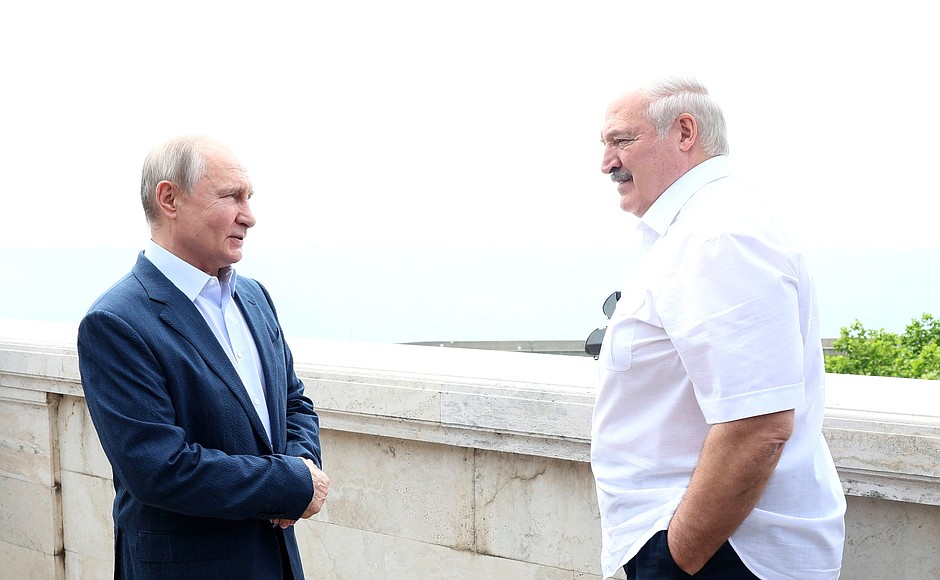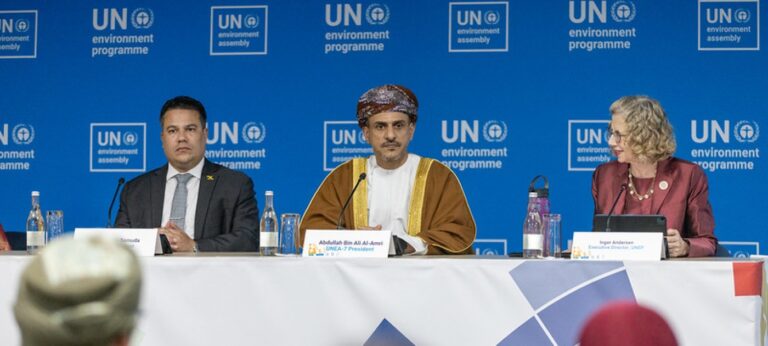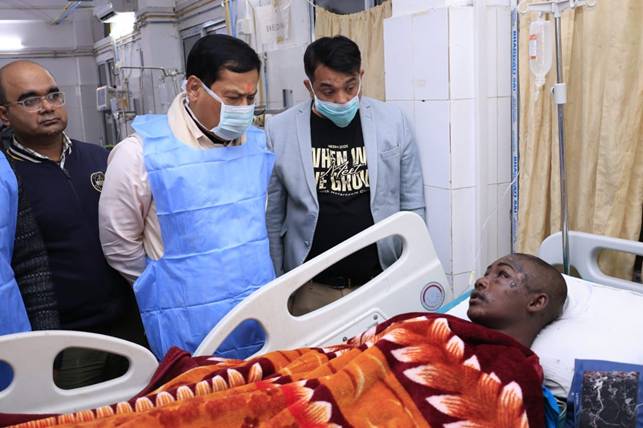
File photo of Russian President Vladimir Putin with President of Belarus Alexander Lukashenko. Photo courtesy Kremlin
Spotlight: How Putin saved the day from Prigozhin
 By Venkatesh Raghavan*
By Venkatesh Raghavan*
The mutiny that started on June 23, 2023, and was fizzled out by the night of June 24 after protracted interaction between the Defense Ministry and Yevgeny Prigozhin led Wagner rebels within the Russian military deployed to combat in Ukrainian territory had its genesis in serious differences between the two camps.
The rebel leader voiced that the defence ministry had launched an attack on his forces on the ground. He also chose to dismiss the official Russian stand on the invasion of Ukraine, blaming Russian Defence Minister Sergei Shoigu for the crisis situation faced by the Russian military on the ground.
Tensions mounted on the ground with Prigozhin’s Wagner Group taking control of Rostov-On-Don in Southern Russia. The rebels were all set to march to the Russian capital city of Moscow, a nearly 217 km stretch. That was the peak of the rebellion with Russian President Vladimir Putin strongly denouncing it as an act of treason, and bidding quickly to put down the mutiny arising in the Wagner ranks.
Also read: How is the West pouncing on mutiny by Wagner against Putin?
Yevgeniy Prigozhin took a group of his forces and marched on Rostov and then continued to Moscow. He took over Russia’s Southern Military District, located 60 miles away from one of their nuclear airbases. So, in general, this seemed like an incredibly dangerous situation. But then Prigozhin stopped.
The rebellion thereafter fizzled out and Belarusian President Alexander Lukashenko negotiated a settlement in the late hours of June 24, with Prigozhin consenting to withdraw the Wagner troops from Rostov-on-Don.
Casualties resulted on both sides, with the Russian military losing 13 soldiers and the Wagner rebels two soldiers who had defected from the Russian camp before the truce was put in effect. The mutiny in the Russian ranks following the Wagner group’s revolt for control of the country threatened to imperil the authority of Russian President Vladimir Putin. It mounted pressure on the country’s defence arsenal. The capital city of Moscow was witness to a very tense atmosphere. Putin’s two decades and odd reign was for the first time witnessing a déjà Vu of a Civil war that rocked the country nearly a century back.
The heavy atmosphere of intense conflict lasted a day long when claims and counterclaims were traded from both sides. Russian President Putin spelt out clearly that the Russian army will crush the mutinous soldiers from the Wagner group. Prigozhin gave a resounding reply, “We have no intentions of giving up our fight.” Putin further vowed to punish all the backstabbers responsible for the mutiny. At stake was the claim for legitimacy on who is entitled to rule over Russia, even as Prigozhin retorted over Putin’s backstabber remark, “It’s a mistake to brand me a traitor.”
The Wagner troops were on the evening of the escalation, close to the Ukraine border in the Rostov-on-Don region in Southern Russia. Prigozhin vowed to blockade the region before his troops move on to wrest control of Moscow at that point in time. The threat call from Prigozhin had a caveat that if the Russian Defense minister and top general failed to hold a meeting in Moscow, it might blow up into a full-scale armed invasion. The situation worsened with no signs of letting up on the armed rebellion that sought to take control of the military base and airstrip in Rostov-on-Don city. The Russian military facilities in the neighbouring township of Voronezh too had reportedly gone into the hands of Wagner rebels.
In response to the extremely aggravating situation, the Governors in the southern and southwestern regions of Russia put in place heavy security reinforcements. In addition, the Russian citizens were cautioned to stay away from the roads. Putin’ also responded stating that these were counter-terrorism operations in full swing for defending the southern territories besides Moscow.
The Russian foreign ministry issued warning statements to the NATO bloc member countries of the West to refrain from interfering in its internal matters and utilizing the Wagner group’s mutiny to score a military war over Russia. There was a call from the Bahrain foreign office stating, “It was important that Russia remain a stable regime under the leadership of Putin”.
The Russian authorities on their part were busy destroying all roadbeds in the local highways of Lipetsk even as the Wagner troops were seeking to pass through the region on their way to Moscow. It was a mass-scale destruction of the highway and roads that connected the various villages to block further troop movement. The Russian defence ministry also held deliberations that revolved around the possibility of the West using the opportunity to attain their Russophobic goals.
*Senior journalist





